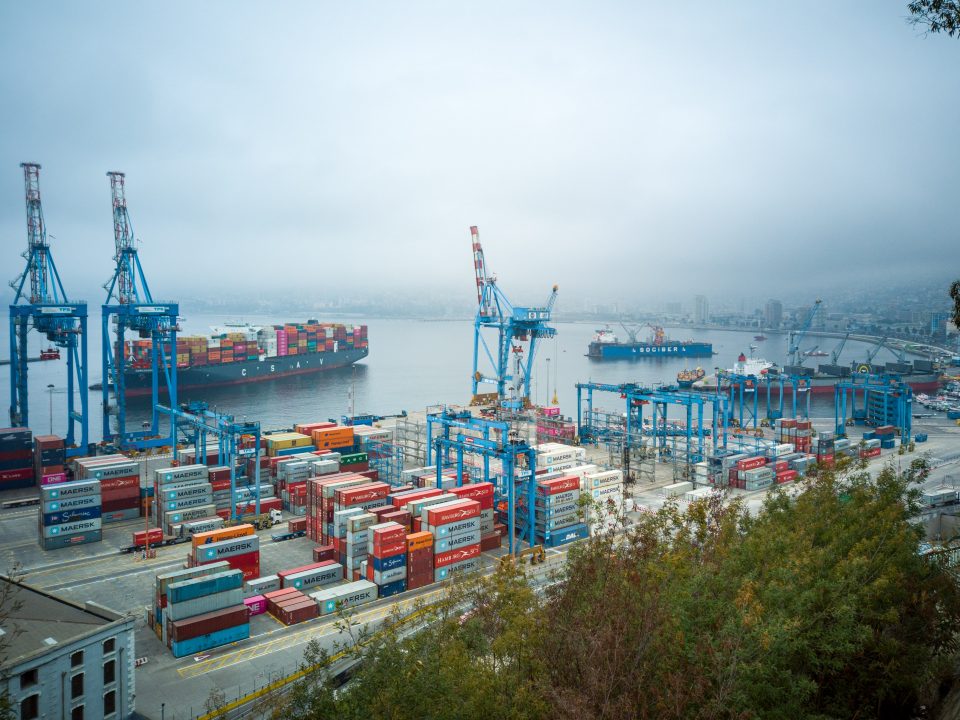When you work in the world of perishable goods, there’s nothing more valuable than time. You have a set amount of time to package your product and ship it out to a recipient before everything potentially goes bad. However, it isn’t all about time. While transit speeds and delivery time is crucial, the goodies also need to be protected from the elements, including fluctuating temperatures while en route. To ensure goods are handled properly, you need a transit service provider specifically handling perishable good transportation. Here are some of the considerations you need to make when looking through transit and shipment providers.
Perishable Good Transportation – Top Considerations
Refrigerated Truck
Above all else, you need a refrigerated truck. You don’t want your perishable goods sitting in a shipping vehicle that isn’t well ventilated and is sitting in the sun for hours. Even if a company can provide a direct pick-up from your facility and deliver it right to the purchaser, if the truck isn’t refrigerated, many bad things can happen during those hours of baking inside the vehicle.
With a refrigerated truck, the vehicle will maintain a set temperature throughout the shipment. This way, it’s the same as remaining in a refrigerator for however long it is in the vehicle. Even if being delivered in a refrigerated truck takes longer, it’s far better for your product to sit in a refrigerated truck than in the excessive heat of a primary shipping vehicle.
Delivery Time
While having access to a refrigerated truck is a crucial consideration, the delivery time is essential. Refrigeration does buy you some time, but that doesn’t reduce the importance of having your shipment delivered in the shortest amount of time possible. The goods still need to be off-loaded from the vehicle, handled by the recipient, and then used in production or put on store shelves for customers to purchase. The longer the shipment takes, the less time the recipient has to sell the goods, which increases their potential for loss on the product.
The combination of a temperature-controlled vehicle and delivery time will help ensure your customers have the most extended amount of time possible with your product. Looking for a transportation service provider that can provide you with both is of critical importance.
Full Truck or Partial Truck and Shipment Minimums
Sometimes you won’t have the kind of material necessary to fill an entire truck. This means your shipment will likely need to be combined with shipments from other companies. You need to find a service provider that can provide both full truck and partial truck loads. You don’t want to be forced to buy out an entire truck for just a partial shipment. Doing so will skyrocket your overhead costs, which you’ll then need to partially pass on to the buyer, which means your buyer might begin to look elsewhere for the product you sell.
All of this can be avoided by finding a shipping and transit service provider that offers both full truck and partial truckloads in a temperature-controlled vehicle. You shouldn’t be forced to over-sell your product or buy out an entire vehicle just to make sure your product can go out on time.
RJS Logistics provides several shipping options, including partial truck delivery. It doesn’t matter how large of a shipment you’re making, or if you need to send out just a single crate of product to a desperate buyer, there are no delivery minimums to meet. If you work exclusively in bulk, this isn’t likely of concern to you, but if you do provide smaller shipments, looking into whether or not a shipping and transit provider requires some sort of shipment minimum is essential. So even if a company says it provides partial truck shipments, make sure to look into whether or not there is still some sort of minimum delivery requirement or if they can handle any size.
Real-Time Logistics
Logistics is more critical now than ever before in the world of transit. You need real-time logistical updates for shipments for several reasons. For starters, it allows you to monitor the movement of your freight. This way, both you and your buyer know when to expect arrival and make the necessary plans for the delivery.
Logistics also helps you know when the transit vehicle will arrive at your facility. When working with perishable goods, you need to have the product ready, yet you don’t want it just to sit around, waiting for pick-up. The temperature-controlled area of your facility may not extend out to the delivery bay. Even a few hours sitting in an area that is not temperature controlled can cause some damage to the product. Leaving it back in the temperature-controlled area of the facility will prolong the delivery time once the vehicle does show up. However, with real-time logistics, you’ll know when the delivery vehicle is set to arrive and when you can begin loading up the vehicle.
It’s something that might seem small, but in the end, real-time logistics is critical to addressing your shipment needs.
Discover The RJS Logistics Difference
RJS Logistics specializes in all things transit. However, it isn’t just about logistical transit solutions for companies like yourself. It is also about shipping solutions to ensure your perishable good transportation arrives on time and in the highest quality possible. It is why RJS Logistics has invested in perishable food transportation vehicles, allowing you to set the specific temperature of your goods. And whether you have enough product for a full-truck shipment, or it is for partial truck delivery, all of your shipping needs will be handled, and your expectations exceeded. The best way to discover the RJS Logistics difference and how the transit company can help you and your customers experience a higher level of perishable goods now is to contact RJS Logistics. Whether via a phone call or email, all your questions will be answered.




